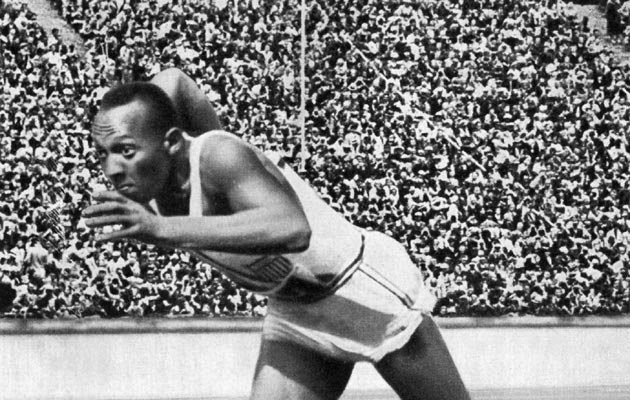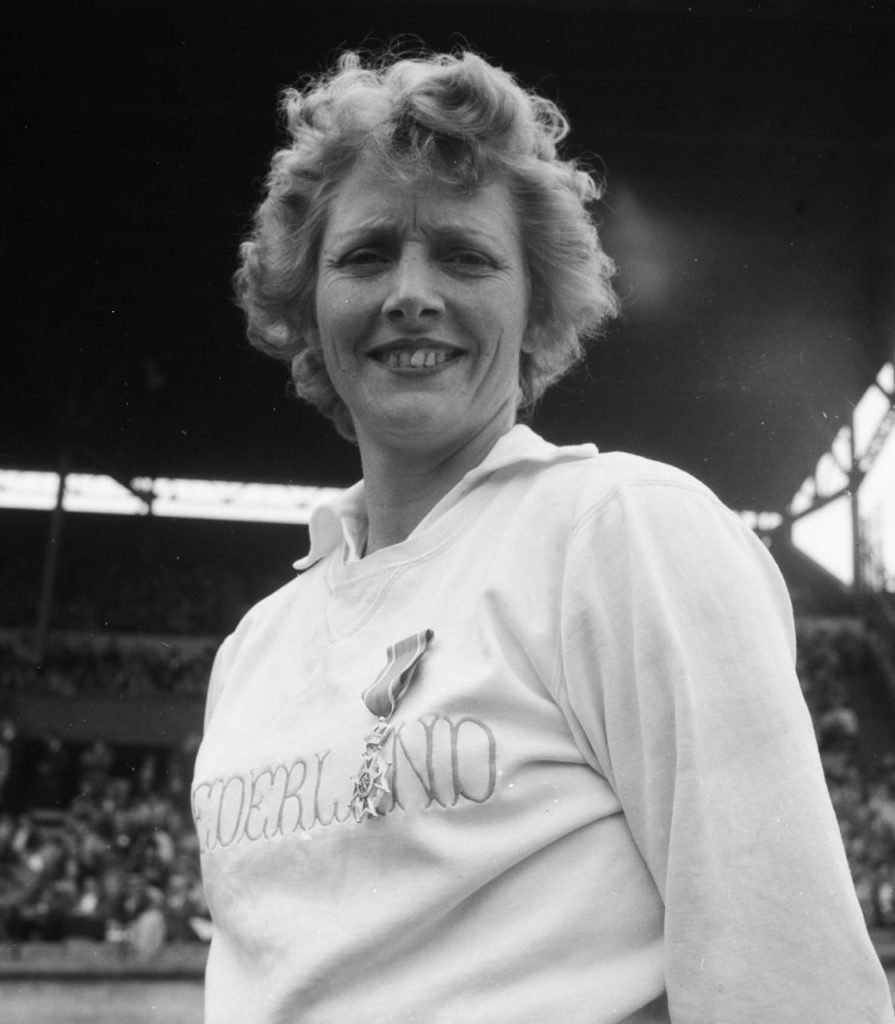IAAF to commemorate runners with heritage plaques
The first group of athletes to be honoured include runners Jesse Owens, Paavo Nurmi, Emil Zatopek and Fanny Blankers-Koen

The IAAF announced Sunday it plans to honour history’s most renowned athletes, including some of the most highly accomplished runners in history, with commemorative plaques in significant locations around the world.
The first runners on the list of those to be honoured are American sprinter Jesse Owens, Finnish distance runner Paavo Nurmi, Czech distance runner Emil Zatopek, Dutch sprinter and hurdler Fanny Blankers-Koen, British distance runner Emil Voigt, Australian sprinter Betty Cuthbert, Ethiopian marathoner Abebe Bikila, Polish sprinter Irena Szewinska and American Mildred “Babe” Didrickson Zaharias, who won two gold medals in track and field at the 1932 Olympics before becoming a professional golfer.
RELATED: Dutch runner Fanny Blankers-Koen celebrated with a Google Doodle

IAAF president Sebastian Coe made the announcement in Monaco yesterday. As Coe remarked, some of the stadiums and tracks where the athletes made a significant impact on the sporting world no longer exist. For example, Ferry Field in Ann Arbor, Mich., which is in transition as the University of Michigan’s athletic facilities are updated.

On May 25, 1935, Jesse Owens, a student at Ohio State University, tied one and set two world records in the sprints, and a fourth in jumping, all in the space of an hour, at the Big Ten meet at Ferry Field. There has been a large plaque honouring Owens at the site for some years, but possibly the plan is to replace it with the IAAF plaque.
Owens started the day by tying the record for the 100-yard dash, at 9.4 seconds. A few minutes later, he broke the world record in the broad jump. He followed that up with a new world record in the 220-yard dash, at 20.3 seconds. Then the 200-yard low hurdles, at 22.6 seconds. One year later, at the Berlin Olympics of 1936, Owens took four gold medals, challenging Hitler’s desire to show the athletic superiority of the Aryan race.


